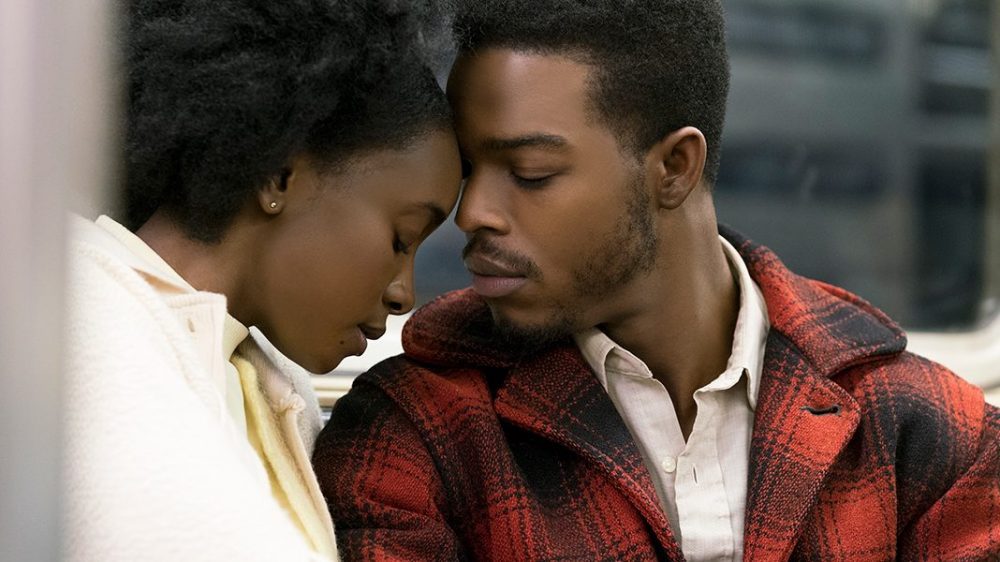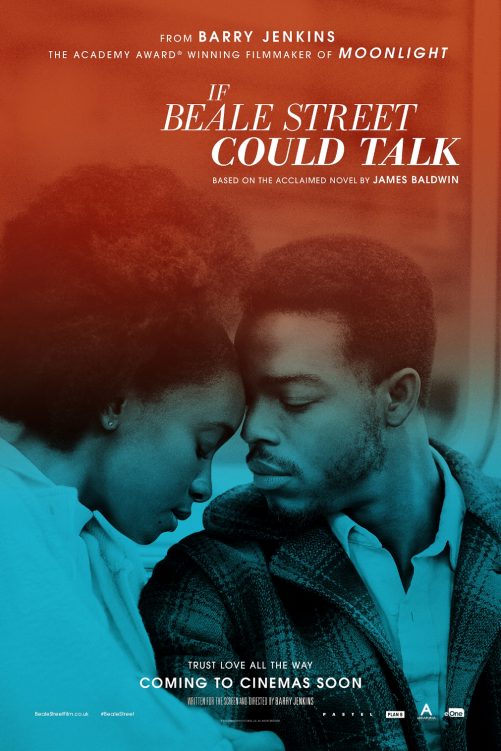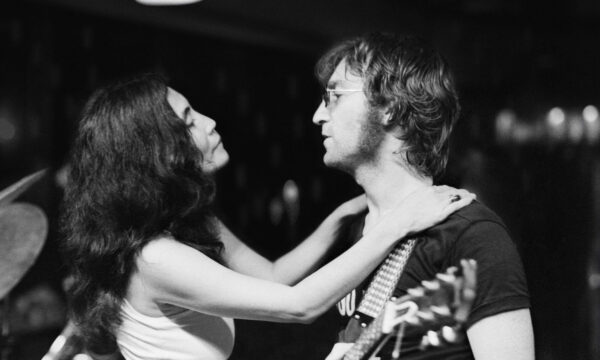If Beale Street Could Talk

It is unfortunate that the burden that must be carried after winning the Academy Award for Best Picture with a wonderful and powerful unique masterpiece is one of immense pressure and expectation to follow up to the same standard thereafter. Writer and director Barry Jenkins is one such man tasked with emulating the previous success of his 2016 picture Moonlight, and so he has enlisted the services of the late James Baldwin, more specifically his novel If Beale Street Could Talk.
The result is a new romantic drama screenplay of the same title, featuring the likes of Stephan James, Kiki Layne and Regina King, that sees us travel back in time to 1970s Harlem, New York, a place and era when the justice system stacked both prejudice and injustice against the favour of African Americans. The story recounts the experiences of Tish (Layne) and her childhood friend-turned-lover Alonso/Fonny (James), outlining their romantic journey from such innocent and passionate beginnings, to the strained yet powerful bonds that are built when Fonny is arrested and accused of rape, a crime he didn’t commit. As family relations boil over, Tish’s mother Sharon (King) embarks on her own crusade in a desperate attempt to seek justice for Fonny and keep her family united in the face of the most painful adversity.
What makes If Beale Street Could Talk so wonderful is Jenkins’s decision to not only include quotations directly from Baldwin’s original novel, but to handle the text and dialogue with the gentlest of touches and a complete appreciation for its greater meaning and powerful context. Love, family and racial subjugation are all themes that are ingrained into the core of this screenplay, and it is Jenkins’s skill partnered with James Laxton’s gorgeously attentive and effortlessly expressive cinematography, with particular emphasis on looking down the barrel of the lens, that perfectly illustrates the intimate details that could so easily be drowned by such an overpowering underlining plot.
The story is told in a non-linear fashion, and it is Tish and Fonny who must guide the viewer through the crowd, clasping the audience’s hands with a hold as tender as that between their own interlocking fingers. It is these beautiful portrayals of such pure, innocent souls that wrap us in a blanket of total commitment to the characters and their moral aims. A painfully real delivery of the movie’s opening line – “I hope that nobody has ever had to look at anybody they love through glass” – from Tish resonates and reverberates throughout the entire film, exemplifying the unbreakable bonds between loved ones even when physical partitions separate them.
A visual spectacle with an unequivocally stunning soundtrack consisting of a blend of traditional jazz and symphonic orchestral tones, it does come as a surprise that If Beale Street Could Talk has been overlooked in a number of categories at the upcoming Academy Awards, with cast members, costume designers, editors, cinematographers, the director and the film as a whole staking dominant claims for commendation. One nominee is that of Regina King, whose depiction of Sharon is arguably her greatest performance to date and undeniably worthy of a first-time nomination.
A lack of Academy recognition should absolutely not deter cinema-goers from engaging with this film. Yes, the pacing can be melodic and melancholic, but these aspects are required to purvey the greater message. If Beale Street Could Talk is a beautiful exhibition of compassion, heart and nuance of hope. Invest in this film, and it will invest in you.
Guy Lambert
If Beale Street Could Talk is released nationwide on 8th February 2019.
Watch the trailer for If Beale Street Could Talk here:
























Facebook
Twitter
Instagram
YouTube
RSS